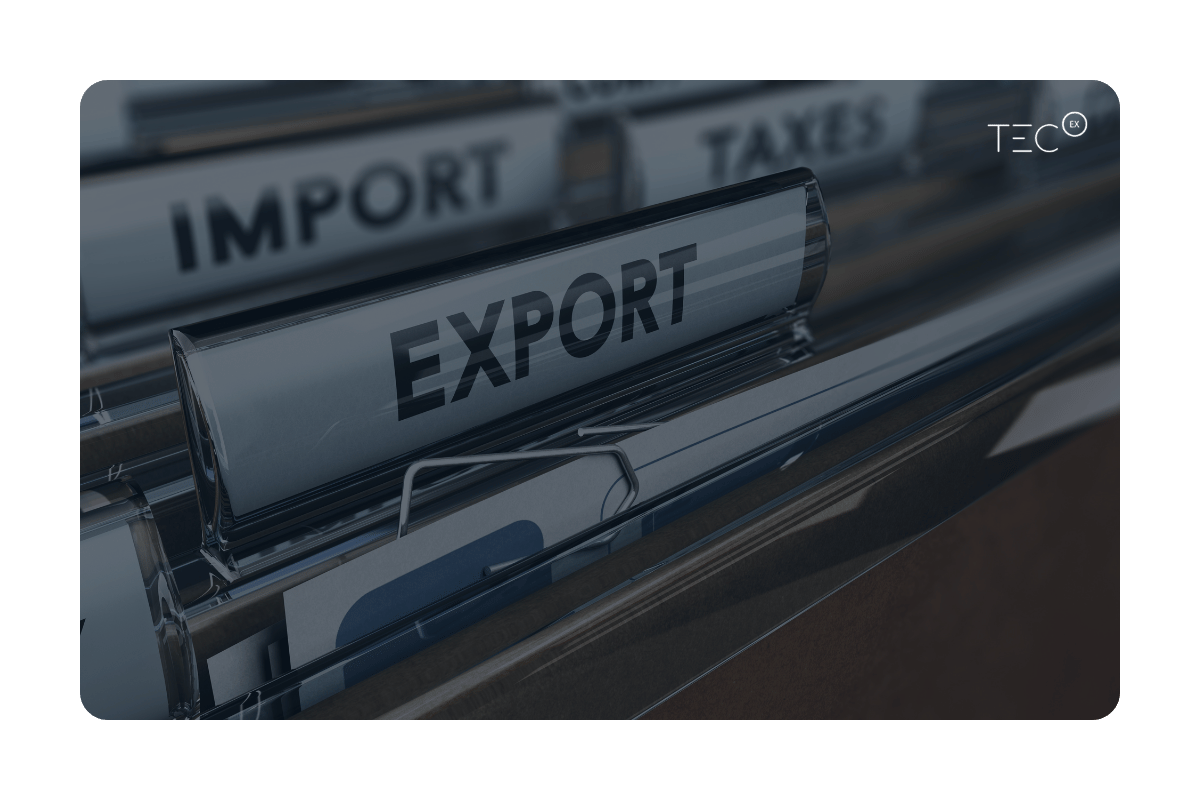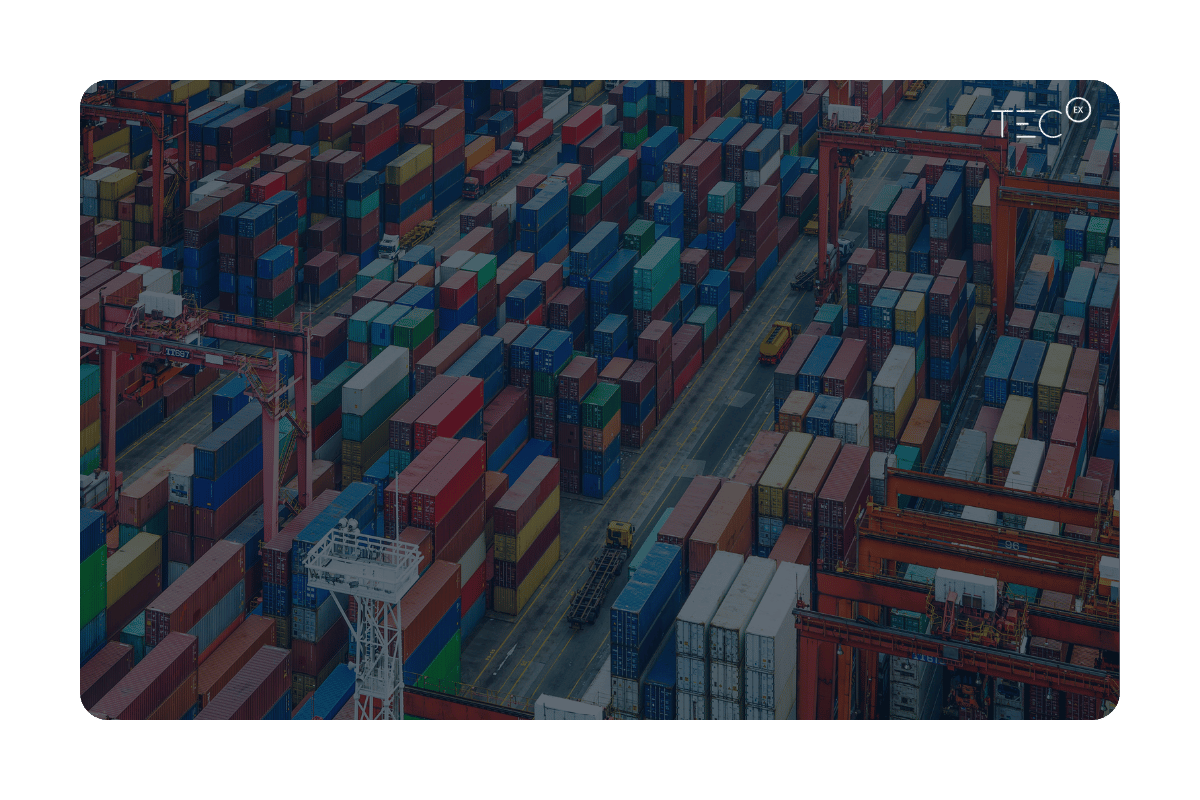Understanding the distinction between IOR and EOR services is crucial for any business engaged in global trade.
While their titles share a similar ring, they fulfill distinct yet complementary roles on opposite ends of the import-export spectrum.
What Are IOR and EOR Services?
Industry Expertise
An Importer of Record (IOR) is a designated party responsible for ensuring that imported goods comply with the laws and regulations of the importing country. This includes managing customs declarations, paying import duties, and handling all necessary paperwork. The IOR takes on the legal responsibility for compliance, making them a key player in international trade.
EOR Services
Similarly, an Exporter of Record (EOR) is responsible for ensuring that exported goods comply with the export regulations of the exporting country. This involves managing export documentation, ensuring compliance with export controls, and handling logistics up to the point of shipment.
IOR and EOR services form the backbone of your global supply chain, each playing a distinct yet interconnected role in facilitating international trade. Understanding their functions and how they work in tandem with IOR/EOR logistics is essential for smooth and successful cross-border operations.
→ Need to know more before exporting? Learn about our EOR product.
Roles And Responsibilities Of IOR and EOR Services Providers
Although they are complementary, the IOR and EOR solution providers differ in several aspects:
Keep in mind that the specific roles and responsibilities of IOR and EOR services can vary depending on the country’s regulations, the nature of the goods being traded, and the terms of the trade agreement.
Ready to ship your high-value goods? Schedule a call with us.
How IOR EOR Services Work Together
In the world of international trade, the IOR and EOR solution providers don’t always need to be one and the same. Typically, the exporter selects a trusted EOR to handle the export phase smoothly, while on the other end, the importer assigns an IOR to manage the import side of things.
This arrangement ensures a well-defined process, with the IOR and EOR experts working hand-in-hand to navigate customs regulations and minimize any potential hiccups.
They serve as your go-to experts, liaising with customs and ensuring your shipment moves swiftly through the import-export pipeline.
Of course, it would be simpler if the roles overlap, which is why we often handle both ends of the spectrum at TecEx.
What is the difference between IOR/EOR Services and IOR/EOR Logistics
IOR EOR services and IOR EOR logistics are interconnected but distinct aspects of international trade. While they both play vital roles in facilitating the movement of goods across borders, they serve different functions:
IOR EOR Services:
- Legal and Regulatory Compliance: Focus on ensuring adherence to customs laws, regulations, and trade agreements.
- Documentation: Handle the preparation and submission of necessary export and import documentation.
- Risk Mitigation: Help businesses avoid penalties, fines, and legal issues related to non-compliance.
- Strategic Advice: Provide guidance on trade compliance strategies, tariff optimization, and duty drawback programs.

IOR EOR Logistics:
- Physical Movement of Goods: Involve the transportation, warehousing, and distribution of goods from the point of origin to the final destination.
- Supply Chain Management: Coordinate the flow of goods and information throughout the supply chain.
- Customs Clearance: Assist with customs procedures, including inspections, documentation, and payment of duties.
- Inventory Management: Optimize inventory levels to minimize costs and avoid stockouts.

In essence, IOR and EOR services are about the legal and regulatory framework for international trade, while IOR and EOR logistics are about the physical movement and management of goods.
IOR and EOR Logistics Documentation Requirements
Import Shipping Documents
- Commercial Invoice
- Bill Of Lading
- Arrival Notice
- Import Customs Declaration
- Airway Bill
- Import License
- Letter of Credit
- Importer Security Filing
- (Local Customs Requirements)
Export Shipping Documents
- Packing List
- Bill Of Lading
- Airway Bill
- Import Customs Declaration
- Commercial Invoice
- Certificate of Origin
- Letter of Credit
- Certificates
While IOR/EOR services and logistics are interrelated, each area requires specialized expertise to ensure efficient and compliant international trade operations.
The IOR/EOR Services’ Liability Burden: Fines, Seizures, Jail Time

Did you know?
Export restrictions and sanctions can increase shipping durations by up to 20 – 30%. Customs clearance can add 1-5 days to international shipping durations. – World Metric
While companies have the option to act as their own IOR and EOR, partnering with a specialized IOR/EOR service provider can offer significant advantages.
These experts can simplify the complexities of the process, minimize risks of non-compliance, and ensure a more efficient and cost-effective international trade experience.
Both the IOR and EOR experts are in trouble if they violate customs regulations. Any non-compliance can result in hefty fines and penalties and even lead to the seizure of their goods.
So, it’s better to stay sharp, play by the rules, and trust an IOR EOR services expert, or you could end up paying big time if you try to take on customs on your own.
IOR Services Liability
The IOR bears the brunt of the liability burden within the destination country. They are responsible for:
The accuracy and completeness of all import documentation, including product classification, valuation, and country of origin.
Payment of all applicable duties, taxes, and fees associated with the import.
Ensuring the goods comply with all relevant import regulations, including restrictions, licensing requirements, and safety standards.
EOR Services Liability
While the IOR shoulders the burden within the destination country, the EOR faces liabilities concerning the origin country, including:
The accuracy and completeness of export documentation, including classification, valuation, and export control requirements.
Obtaining any necessary licenses or permits for the export of specific goods.
Ensuring the goods comply with export control regulations, which may restrict the export of certain items to specific countries.
Concerned about who is liable for goods during transit? Find out more about our liability solution here.
Why Choose Between IOR and EOR Services, When You Can Have Both with Us?
Nothing less than success is deserving of your company.
– TecEx Proverb
Making the choice between IOR and EOR can seem like a difficult process with significant consequences for your company’s international operations. At TecEx, we handle the complex requirements of detailed documentation and customs compliance. This frees you up to focus on your core business operations, which are what really count.
Global trade’s complexity shouldn’t ever be a barrier to your success, and with our knowledge of both IOR and EOR services, you are prepared to meet these problems head-on. Think about the assurance that comes from having a seasoned team knowledgeable about the nuances of both IOR and EOR services.
Don’t compromise! Instead, embrace the ease and effectiveness of choosing both by utilizing our comprehensive solutions.



